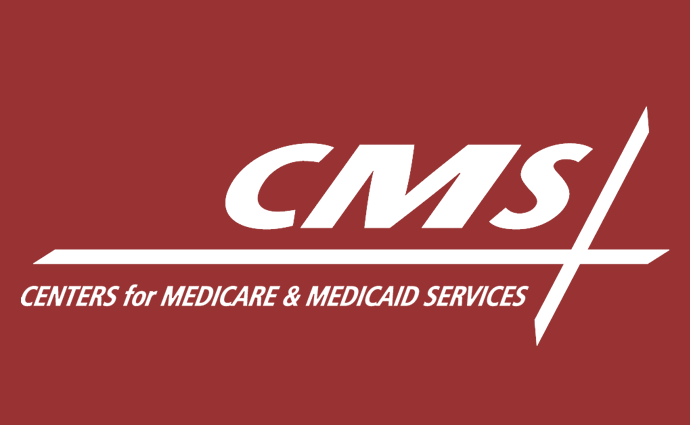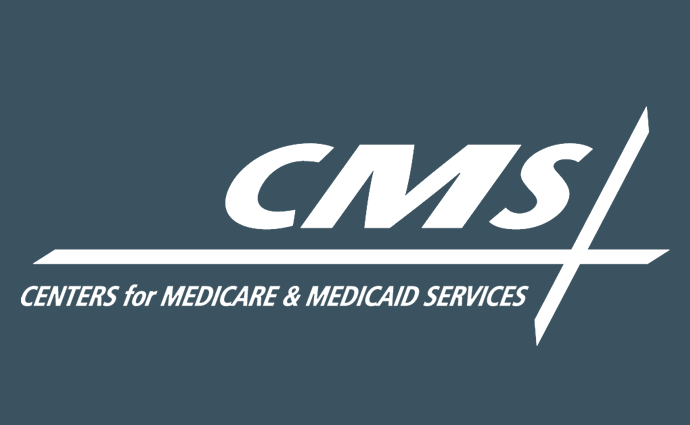COVID-19 Associated with $13.9B Decline in Medicare Spending
 A new report found that Medicare spending on physician services dropped $13.9 billion in 2020 due to changes in utilization caused by COVID-19.
A new report found that Medicare spending on physician services dropped $13.9 billion in 2020 due to changes in utilization caused by COVID-19.
According to a new American Medical Association (AMA) report, utilization of physician services in 2020 declined due to the COVID-19 pandemic, creating a less than expected decline of $13.9 billion in Medicare spending. The drop was equal to a 14 percent decline in Medicare claims.
The report showed that despite a mid-year bounce back during May and June, Medicare spending on physician services never returned to its pre-pandemic levels.
Additionally, the AMA attributes the unexpected decline in Medicare spending to individuals delaying or omitting healthcare services during the COVID-19 pandemic.
Source : As published in the Revcycle Intelligence website
https://revcycleintelligence.com/news/covid-19-associated-with-13.9b-decline-in-medicare-spending
How COVID-19 Changed the Healthcare Revenue Cycle.
 In March 2020, many healthcare providers were grounded, left sitting on the runway, as a result of decreases in patient volume driven by such factors as social distancing measures, COVID-19 public health initiatives restricting the provision of elective patient care services by hospitals and other healthcare providers, generalized fears of contracting COVID-19, and other aspects of the COVID-19 pandemic.
In March 2020, many healthcare providers were grounded, left sitting on the runway, as a result of decreases in patient volume driven by such factors as social distancing measures, COVID-19 public health initiatives restricting the provision of elective patient care services by hospitals and other healthcare providers, generalized fears of contracting COVID-19, and other aspects of the COVID-19 pandemic.
How declines in patient volume translate into lost healthcare revenue depends on a number of factors including the type of provider at issue, the nature of the services that were deferred or lost as a result of the public health emergency, and the availability of financial assistance through the Coronavirus Aid, Relief, and Economic Security (CARES) Act and the Provider Protection Fund and other federal and state healthcare initiatives designed to shore up the finances of providers through the public health emergency.[1]
The report found that even including funding from the, hospital operating margins are still down 28% year-to-date compared to 2019.
Source : As published in The National Law Review website
Medical Billing, Patient Access Top Revenue Cycle Risks of 2019
 New trends and requirements in healthcare are putting medical billing and patient access on the top of the healthcare revenue cycle risk list in 2019, Crowe reports.
New trends and requirements in healthcare are putting medical billing and patient access on the top of the healthcare revenue cycle risk list in 2019, Crowe reports.
December 20, 2018 - Patient access and medical billing and collections are among the top healthcare revenue cycle risk areas for hospitals, practices, and other provider organizations in 2019, according to a new report from the public accounting, consulting, and technology firm Crowe.
"Lack of preparation for new risks can cost a healthcare organization money and its reputation at a time when it can least afford to lose either," the report stated. "In a value-based reimbursement environment, every dollar is at risk. If an organization loses that dollar to a compliance problem, it can't make it up simply by adding a dollar of revenue elsewhere."
Source : As published in the Healthcare IT News website
https://revcycleintelligence.com/news/medical-billing-patient-access-top-revenue-cycle-risks-of-2019
Annual Checkup: Medicare Policies for Code Updates

The Centers for Medicare & Medicaid Services (CMS) released, Feb. 1, maintenance updates for several National Coverage Determinations (NCDs) to reflect recent code changes (CR11134).
Every year, when ICD-10, CPT®, and HCPCS Level II codes are updated, NCDs (and Local Coverage Determinations) must also be updated. When this occurs, it's essential for providers to review these policies to see how the code changes will affect coverage for services they provide to their patients.
Here's a quick look at the latest NCD updates:
NCD 20.29 – Hyperbaric Oxygen Therapy (HBO)
Corrected description for ICD-10-CM code L59.8 Other specified disorders of the skin and subcutaneous tissue related to radiation.
NCD 110.18 – Aprepitant for Chemotherapy-Induced Emesis
Source : Published in the AAPC website
https://www.aapc.com/blog/45748-annual-checkup-medicare-policies-for-code-updates//
New Drug Pricing Model Could Save Medicare Part B $17.2 Billion

CMS estimates nearly $17.2 billion in Medicare Part B savings over five years by implementing a new international-based drug pricing model.
October 29, 2018 - A new drug pricing model with an international component could save Medicare Part B approximately $17.2 billion over five years, CMS says.
The International Pricing Index (IPI) will test if using drug price benchmarks other developed nations can encourage vendors to negotiate lower drug prices with pharmaceutical companies. The framework also includes policies that hold vendors responsible for up-front drug costs and encourage vendors to negotiate prices with providers.
CMS estimates that Medicare drug spending increased by $17.6 billion from 2011 to 2016, a growth rate of 9.8 percent each year. The agency found that Medicare spent roughly 1.8 times more than similar public payer programs in other countries during this time.
Source : As published in the Healthcare IT News website
Medical Billing

Medical billing is an extremely important component of the health care industry. This article highlights some common medical billing mistakes and the types of services available to ensure the best record of care for patients and the best physician reimbursements for the services rendered.
After years and years of studying, practicing, and preparing for a future in health care, physicians and other medical care providers mark their place in the industry by providing the best cutting-edge care for their patients. These professionals face major challenges every day – from providing life-saving emergency treatment to researching complex diseases – but there is another critical component of a successful medical practice that is not the focus of the skills learned in med school: medical billing.
In today's complex world and struggling economy, business issues in the medical industry can take precedence (sometimes even over the treatment of medical conditions) in determining the sustainability of a medical practice. One of the biggest challenges facing physicians today is not solely concerned with patient care; instead, many of today's care providers are concerned with the business side of health care, especially concerning medical billing and coding.
Source : As published in the Healthcare IT News website
Healthcare Business Office Experience Impacts Patient Collections

Negative healthcare business office interactions result in consumers delaying patient financial responsibility payment in full, a new survey shows.
October 11, 2018 - Consumers are less likely to pay their patient financial responsibility in full if they experience a negative healthcare business office interaction, a new survey shows.
The survey of 500 recent healthcare consumers conducted by Connance found that fully satisfied and satisfied individuals are the most likely to pay financial responsibility in full. And the chances of full patient payment dwindle as consumers rate their healthcare business office interactions as not distinctive, dissatisfying, and very dissatisfying.
Notably, consumers experiencing very dissatisfying healthcare business office interactions are the most likely to never pay their patient financial responsibility, while dissatisfied consumers are the most likely to pay in stages.
Source : As published in the Healthcare IT News website
CMS Extends Medicare Advantage Audit Program in 2019 Rule

CMS has extended the Medicare Advantage Risk Adjustment Data Validation audit program as a part of a 2019 proposed rule.
October 31, 2018 - CMS will be continuing its Medicare Advantage audit program, the agency indicated in a proposed 2019 rule, in an effort to ensure program integrity and reduce inappropriate payments to insurers.
The changes are part of CMS's new initiatives to modernize Medicare Advantage. The proposed rule emphasizes changes that allow insurers to experiment with new benefit designs and leverage telehealth. The rule also includes provisions related to the Risk Adjustment Data Validation (RADV) audits for MA contracts.
RADV audits review if Medicare Advantage payments are appropriate during each plan year, CMS explained. The proposed rule extends the use of RADV audits to previous and future plan years, and changes how CMS will review MA payments.
Source : As published in the Healthcare IT News website
https://healthpayerintelligence.com/news/cms-extends-medicare-advantage-audit-program-in-2019-rule
